|
I thought about the poems and creative nonfiction in Patricia A. West’s book, Still Water Words (2020), for quite some time after seeing more and more film crews on different sites in Savannah, Georgia (USA). In 2022, I watched crews at work in the Benjamin Van Clark Neighborhood on the set for director David Gordon Green’s Halloween Ends. In early 2023, I observed technicians, actors, and grip trucks on a set for Ava Duvernay’s Origins project (based on Isabel Wilkerson’s book: Caste, The Origins of Our Discontents) not too far from the previous location. The proliferation of movies shot in the city strikes me as confirmation of how much change the film industry has brought to the entire state of Georgia. That is particularly notable when observing how the modern high-tech cosmopolitan culture of the industry occasionally bumps against unflattering political and social attitudes and behaviors from the past. Such was the case when segments of Wakanda Forever were filmed in the Mary Ross Waterfront Park in Brunswick at the same time (October 2021) the trial of three White men was getting underway for killing Ahmaud Arbery, a Black man, in the same city. It is also a strange kind of irony for visiting actors, directors, or producers who attempt to reconcile their enjoyment of a pleasurable evening in the Plant Riverside District with their confusion over the name of the beautiful bridge shimmering a short distance away.
|
| | |
“Loving, Happy, Untamed, Passionate"
Somebody call the cops!
My muse has been stolen
I repeat my muse has been stolen…
The pain of this crime is felt in each stanza as she dramatically describes the sleep deprivation and loss of creativity it has caused. Yet there is also gentle self-deprecating humor while observing:
I feel too normal
I need my abnormality back…
The depth of her need is amplified with the following simultaneously pleading and demanding lines:
I want it back the way it was taken
Opinionated, LOUD, wild, confused
Loving, happy, untamed, passionate
Smart enough, encouraging, kinda shy
Uncorrupted by the norms of society
Unpierced by the actions of my peers
AND ALL MINE
In the poems which flow immediately afterwards, titled “Nicking,” “Lost Scared Afraid,” and “My Muse,” the poet’s attachment to what most inspires her can be understood at different times in different ways. In one moment, it is an addiction of a healthy variety rather than a destructive one. In the next, it reads and feels a lot like a love affair brutally interrupted by the kind of heinous disregard which too often in our current over-technologized world leads to tragic consequences.
| | |
In the Tradition of Baring One’s Soul
Instead of offering strategies for navigating the painful uncertainties of her personal journey, the Savannah, Georgia-born poet simply presents her own efforts at balancing them. In this way, she self-identifies with humanity as a whole rather than with a single segment of it. Near the end of the volume, she notes the following in a letter to herself:
I know you
From your favorite color
To your deepest secrets
From your untold feelings
To your wildest dreams
I care about
Your every word
Simplest request
Smallest dreams…
There is a tremendous amount to appreciate in this first edition of Aurie Cole’s debut volume as her pen makes its free-styling way through shock and despair toward hope and self-determination. However, it has to be said as well that serious readers of poetry are likely to find a number of typographical errors distracting. These are understandable enough because talented young poets rarely receive the kind of publishing support which ensures the absence of such mistakes. (How many, after all, such as the celebrated Amanda Gorman are likely to receive an invitation to recite their poetry at a presidential inauguration and subsequently get Oprah Winfrey to write a foreword for their book, basically guaranteeing its status as a number 1 bestseller?)
Other critically-minded readers may question the absence of poems dealing with such timely issues as the COVID-19 pandemic, climate change, or Black Lives Matter. In a way, it may be argued that the more deeply personal writings inspired by the poet’s muse are a kind of response to these very concerns as they illustrate the power of sheltering within the integrity of one’s own sanity in a world knocked off balance by myriad forms of chaos. The important thing may be the knowledge that Talks Between My Pen and Muse is only a first important literary step for Aurie Cole and readers hopefully can look forward to many more writings from her pen and muse in the future.
Aberjhani
Author of Greeting Flannery O'Connor at the Back Door of My Mind
Creator of Authentic Silk-Featherbrush Artstyle
| | |
| | |
Floating along: A Review Essay on Duncan McNaughton’s Somewhere in the Stream (part 2 of 2)
11/26/2019
If you missed part 1 of this post and want to check it out please click here. Part 2 begins now:
McNaughton's nods to the late "Imaginary Man of Las Cruces," poet Nicanor Parra, in the poems "¿ENTONCES QUÉ?" and "(COLIN CHRISTOPHER" (open parentheses per original) should not surprise anyone. Given the company his pen has kept over the decades, it would be too much of a stretch to say he and Parra share the same antipoetic approach to their craft. There nevertheless are similarities which reveal a kinship between their aesthetic instincts. The humor employed by both poets at times oscillates between comic hilarity and nightmare darkness. It can assume the form of thinly-disguised self-deprecation or more overtly-poised social and political satire.
If Parra's is a poetry of anguished laughter and mournful tears as some have suggested, then it may be McNaughton's is an equally intense but more restrained verse of amused hopeful smiles and astonished frowns. Both employ a minimum of embellishments to achieve maximum provocation. Both balance ironic incongruities with subtle personal resolve in a manner similar to the way jazz musicians utilize highly-charged counter-rhythms to produce captivating performances. Both, as Parra put it, incorporate "the hideousness and the beauty of the world" (Marie-Lise Gazarian Gautier, Interviews with Latin American Writers, 1989). Therefore, naked pain and uncertain joy play crucial roles in rendering disturbing truths aimed at disrupting, or reclaiming, different kinds of power.
The narrator of "CHILDHOOD + YOUTH" laments, via "figures of speech," wars of different kinds which have never ended, and, numerous bridges burned while waging them. He finds his understanding of these interior and exterior traumas challenged by doubt, but then reaffirmed by an authoritative witness who knows what it means to survive unnerving cycles of destruction and rebirth. Taking a trip "to David Highsmith's furniture store," he buys a copy of Hector France's Musk, Hashish and Blood:
"...Then I went to my place
to read the story and smoke hashish and
drink whisky and set another bridge ablaze.
Standing on it I met Virgil. You know, I said
I thought all those figures of speech you used
were real figures of speech. They are, he said.
Pay no attention to fools. Here, come with me.
I have a bridge to see to, and I wouldn't
mind some company. Bring your strike anywheres."
|
|
|
Such healing, empowering, and time-bending solidarity can only come with dedicated practices of remembrance and recognition, among the hallmarks of McNaughton's extensive oeuvre. As the late writer Benjamin Hollander put it in "The Pants of Time," his definitive review of TINY WINDOWS, "McNaughton’s work achieves a testament of personal observation embedded in a trans-historical tendance of the imagination." Moreover: "He discovers history for himself anew..." (Boston Review, June 5, 2015).
He also increases its capacity for simultaneously preserving autobiographical identity and expanding notions of community to accommodate kindred spirits occupying physical and non-physical forms. Thus the poem "AS EFFECT AN ECHO" is less an elegy in which McNaughton bids farewell to Hollander than it is the written continuation of a relationship:
"The back door hammer clubbed my friend, the Jew,
Ben Hollander. I can't part from Ben. They
say one must part who don't understand the heart
of the friend, it knows something else, something
about containment, about the stars at night,
about the heart that contains them..."
The stars in the heart comprise the sweet substance of enduring friendships, or alliances, and even less-binding associations, which take on a kind of sacredness for the way they inform and sustain each other’s' personalities. They reject the insanity proposed by stars as symbols of genocide sewn onto the clothes of Hollander's ancestors in Nazi concentration camps as they do all restrictions placed on basic human freedoms and civility.
|
|
|
'The World's Suppositions of Poetry'
In "OLD SOCKS" our narrator confronts the reality of mortality and what it has meant within the context of life lived up to this point. While wrestling with "my very own tangle/ of being," the poet reflects on successions of wars which have threatened the innate integrity of that being. In contrast, friendship has helped guard against the threat by reinforcing the front lines of self:
"...So I have Bill's
back-up for my opinion of Hobbyhook,
Bill's authority, his knowing smile, his
eye twinkle. Queer, how this poem has turned
into Bill's hats. Bill's ears. Tells you something
about how little truth matters when it
comes to trust. Oceans come, oceans go, they
used to say, fishing for flounder, floundering
they called it, they still do, obviously..."
Whether writing autobiographically or assuming the voice of another seems less important than the invitation to celebrate shared histories, friendships, lives, knowledge, acts of compassion, or acts of remembrance. These endow life with a quality of being which--despite media glamorizations of artificial presences in a world where such creations too often diminish capacities for actual thinking or organic human interaction--seem to lose more value by the day. Likewise, different literary strategies may have their irrefutable uses and powers, but in the end they too are floating along with everything else Somewhere in the Stream of discoveries and encounters as we navigate shifting currents, or dodge the increasing fury of hurricanes, and hold on for the sake of poetry and each other.
Aberjhani
author of Dreams of the Immortal City Savannah
co-author of Encyclopedia of the Harlem Renaissance
November 2019
|
|
|
|
|
|
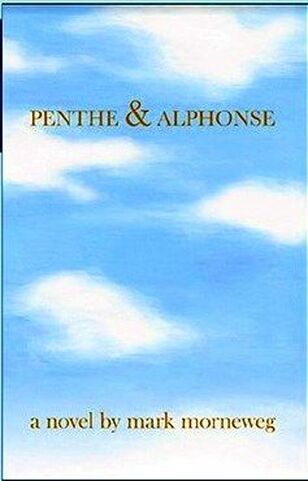
Having explored fusions of poetry and prose in works of my own with varying levels of success, I wondered how well Morneweg had met this challenge he issued to himself. Once I began reading in earnest, the chapters seemed to alternate like sequences in a film. They moved back and forth between flickering flashes of moments and extended scenes from the characters' private lives and America's public tragedy, also known as the Civil War. It soon became apparent the author has struck a masterful balance of historical detail, lyrical rhythm, and finely-nuanced emotional intensity.
The book begins with Alphonse's older sisters looking from a window down on him and Penthe, two former childhood playmates now entering adulthood, in a New Orleans courtyard reading poetry by Francois Villon. The delicate intimacy between them is apparent and alluring. But because he is categorized racially as white and she, in the language of 1800s American south, as a biracial "octoroon" (meaning "three quarters French and one black") their intense intimacy is also dangerous. In addition, despite racial categorizations, they are second cousins.
The kind of relationship Penthe and Alphonse had during childhood was not uncommon for the time, but most children were expected to "grow out of it" as they matured and retreat to their respective black and white demographic niches. Alphonse's and Pense's relationship, however, continues to develop through a series of circumstances along a more sensuous, humane, and uncompromising trajectory.
| | |
Distance Making Hearts Grow Fonder
Alphonse,
Penthe in Paris--A letter from a sweet girl to her
beloved friend back home in New Orleans.
You know I am not sweet.
Ha!
They want us to practice writing in a foreign language, so
I am writing this in English. We are trilingual, you and
I, -- our native Creole, French, and English.
That makes us complex...
Adieu,
Penthe
One letter comes from Alphonse after Penthe writes him to confess she may allow herself to be seduced by a "knucklehead...strapling youth" with a reputation for introducing willing young women to sex. It is not the response either Pense or the reader might have expected:
Penthe,
I will not come to Paris to save you.
Are you just trying to be funny with all of your ha-ha's?
Justine is barely a passing fancy. I cannot see you
with a knucklehead.
I will want you any way you are--
Je t'aime,
Alphonse
Exchanging letters becomes a practice on which they depend during several trials of separation. It is to the author's credit that he fashions this technique as deftly as he does into an already impressive collage of linguistic versatility.
Complications of Love, War, and Race
| | |
Racism directed against Penthe is something Alphonse makes clear he will not tolerate. When another man calls her "a part-nigger whore," he challenges him to a dual and manages to shoot him without killing him. At the same time, he suffers through moral ambivalence when it comes to fighting in the Civil War, demonstrating how complex the issues behind it truly were: "If the Yankees invade, I will fight them. I will fight, but I am not too thrilled. I will not be morbid in front of Penthe Anne." Such reasoning brings to mind the song by Sade: Love Is Stronger Than Pride.
From one minimalist chapter to the next, they love their way through war, two epidemics of Yellow Fever, race riots, the demands of grandchildren, and old age. Looking at a printed copy of Penthe & Alphonse, or even just the cover on a screen after reading the book, gives the feeling of staring at an optical illusion because Morneweg has managed, somehow, to deliver much more than what appearance promises. The range of time covered, scope and depth of emotions engaged, and intricacy of styles employed seem too much for the pages containing them.
What Geek Bookaholics Often Do
| | |
In the course of reading Penthe & Alphonse, I began to do what geek bookaholics often do when sensing that within their hands is not just a good book but a rare and beautiful kind of priceless mind. I began attempting to discern who the author's strongest literary influences had been. I could hear William Faulkner's spirit wandering between lines while meditating on the nature and traumas comprising the identity (or should we now say identities?) of the American south. But who were the others?
The answer came one day when I was discussing the title with a friend and she loaned me a copy of a booklet about one Mark Louis Morneweg published by El Portal Press. In it, he noted his passion for "Miss Emily [Dickinson]"along with deep appreciation for others who had also helped stir to action my own pen. Among them: Federico Garcia Lorca, Pablo Neruda, James Joyce, Shakespeare, Franz Kafka, Marcel Proust, and Albert Camus.
He shared these words in regard to his approach to writing fiction: "Unplanned adventures in literature. An idea pops into your head and you go from there. Nothing structured or laid out beforehand. Just one word comes and you have an entire chapter to write and that is great..." (The only time I had ever allowed myself that kind of compositional freedom was while writing Christmas When Music Saved the World, later titled Songs from the Black Skylark zPed Music Player.)
Maybe even more importantly for the purposes of this essay, he told us this: "...I am a prose stylist with some amazingly short chapters. Some chapters that are poems. Prose poems." And added: "Penthe is about taking risks. Artistic risks. Passion..." The risk was one that paid off extremely well because ultimately Penthe & Alphonse succeeds as both an epic poem and an amazing novel.
Moreover, in addition to taking risks, it is also about what Lady Gaga refers to as the right to curate one's life as one sees fit. Along those same lines, Morneweg chose not to douse the flames of his startling creative literary inventiveness. He chose instead to feed the fire with boldness sufficient enough to increase its light and heat so others could gather around and savor the prize of unexpected beauty.
| | |
By Aberjhani
Harlem Renaissance Centennial
Co-author of Encyclopedia of the Harlem Renaissance
Author of Greeting Flannery O'Connor at the Back Door of My Mind
| | |
Archives
November 2023
June 2023
February 2023
December 2022
June 2022
February 2022
November 2021
September 2021
April 2021
March 2021
December 2019
November 2019
June 2019
May 2019
March 2019
January 2019
October 2017
July 2017
August 2012
Categories
All
1950s
1960s
2022 Russia Ukraine War
20th Century Authors
21st Century Artists
21st Century Authors
21st Century Poets
Aberjhani
Aberjhani Observance Of National Poetry Month
Aberjhani On Aurie Cole
Aberjhani On Brad Gooch
Aberjhani On Chinese Famine
Aberjhani On Dick Gregory
Aberjhani On Duncan McNaughton
Aberjhani On Eugene Talmadge
Aberjhani On Flannery O'Connor
Aberjhani On Immigration
Aberjhani On Jean-Paul Sartre
Aberjhani On Mao Zedong
Aberjhani On Mark Morneweg
Aberjhani On Maya Angelou
Aberjhani On Otis S. Johnson
Aberjhani On Paul Laurence Dunbar
Aberjhani On PT Armstrong
Aberjhani On Russia Ukraine Was
Aberjhani On Savannah Georgia
Aberjhani On Savannah-Georgia
Aberjhani On Yang Jisheng
Adapting Books For Film
Africa
African American Authors
African-American Authors
African-American Comics
African American History Month
African American Men
African-American Men
African Americans
African Americans Abroad
African Americans In Japan
African Americans Living Outside America
African American Writers In Savannah GA
African Diaspora
African Engineers
African Writers
AI Literary Chat Salon
Alice Walker
Amanda Gorman
American Artists
American Authors
American Civil War
American PEN Video
Andrew Davidson
Angel Art
Angel Lore
Angel Meme
Angel Of War And The Year 2022
Angelology
Annie Cohen-Solal
Antiracism
Archangel Michael
Art By Aberjhani
Art By Christia Cummings-Slack
Artist-Author Aberjhani
Artist James Russell May
Artist Marcus Kenney
Asian Authors
Audio Podcast
Aurie Cole
Author Brad Gooch
Author Connie Zweig
Author Franklin D. Lewis
Author Interview
Author Mark Morneweg
Author Poet Aberjhani Official Site
Author-Poet Aberjhani - Official Site
Authors
Authors From Savannah Georgia
Ava DuVernay
Benjamin Hollander
Benjamin Van Clark Neighborhood
Ben Okri
Ben Okri Videos
Best Interviews Of 2023
Bill Berkson
Biography
Biracial Relationships
Biracial Women
Black History Month
Black Men Who Write
Black Movie Directors
Black Women Authors
Blogs By Aberjhani
Booker Prize For Literature
Booker Prize Winners
Book Industry
Book Publishing
Book Reviews
Book Reviews By Aberjhani
Books
Books About Rumi
Books About Savannah-Georgia
Books About Sufism
Books And Authors
Books By Aurie Cole
Books By Darrell Gartrell
Books By Flannery O'Connor
Books By Patricia Ann West
Books By PT Armstrong
Books By Robert T.S. Mickles Sr.
Books By Rotimi Ogunjobi
Books On Flannery O'Connor
Brad Gooch
Brad Gooch Audio Podcast
Brunswick Georgia
Canadian Authors
Canadian Novelists
Carlos Ruiz Zafon
Caste The Origins Of Our Discontents
Celebrity Authors
Children's Literature
Chinese Authors
Chinese History
Christia Cummings-Slack
Christina Cummings-Slack
Christine Cummings
Classic Authors
Connie Zweig
Contemporary African Literature
Contemporary African Writers
Contemporary Artists
Contemporary Authors
Contemporary Canadian Authors
Contemporary Literature
Contemporary Southern Literature
Cormac Mccarthy
Cornel West
Creative Nonfiction
Creative Thinkers
Cultural Demographics
Cultural Heritage
David Gordon Green
Dick Gregory Videos
Digital Publishing
Director Regina King
Director Steve McQueen
Doctorate In Literature
Dreams Of The Immortal City Savannah Book By Aberjhani
Duncan McNaughton
Ebooks
Education
El Portal Press
English As A Second Language
English Learning Students
Essay On 21 Years Of Wisdom
Essays By Aberjhani
Essays On Ben Okri
Essays On Duncan McNaughton
Essays On Flannery O'Connor
Essays On Immigration
Eugene Talmadge
Eugene Talmadge Memorial Bridge
Evolving Cultures
Existential Creativity
Existentialism
Fall Of The Rebel Angels
Famous Women Artists
Fiction
Filming Movies In Savannah-Georgia
Flannery O'Connor
French Authors
French Literature
Genre Bending Literature
Genre-bending Literature
Global Community
Grandmothers
Great Sufi Poets
Greeting Flannery O'Connor At The Back Door Of Mind Book By Aberjhani
Gullah Geechee Culture
Gustave Flaubert
Halloween's End
Hector France
Historical Fiction
Historical Poetry
History
History Of Civil Rights Movement
History Of Famines
History Of Literature
History Of Racism
Human Cannibalism
Iconic Authors
Immigrant Experience
Immigration Policies
Influential Authors
International Authors
International Poets
Interracial Relationships
Interview
Isabel Wilkerson
Jalal Al-Din Mohammad Balkhi
Jalal Al Din Mohammad Rumi
Jalal Al-Din Mohammad Rumi
James Joyce
Jean Genet
Jean-Paul Sartre
Jelaluddin Rumi
Jim Crow Racism
Lady Gaga
Latino Ficiton
Leadership Philosophy
Leadership Theory
Life And Legacy Of Dick Gregory
Life And Legacy Of Flannery O'Connor
Lillian Gregory
Literary Biographies
Literary Community
Literary Criticism
Literary Essays
Literary Friendships
Literary History
Literary Honors
Literary Influencers
Literary Influences
Literary Legacies Of The South
Literary Prizes
Literary Traditions
Literary Translations
Literature Of Immigration
Luca Giordano
Memoir
Memoir By Darrell Gartrell
Michal Majernik
Movie Sets
Mythology
National Poetry Month
Naturalism Fiction
New Orleans
Nicanor Parra
Nigerian Authors
Nigerian Literature
Nigger By Dick Gregory
Nobel Laureates
Nonfiction
Novels
Official Site For Author Poet Aberjhani
Official Site For Author-Poet Aberjhani
Official Website Of Author Poet Aberjhani
Official Website Of Author-Poet Aberjhani
Oklahoma City
Oprah Winfrey
Patricia Ann West
PEN America
PEN International
Philosophy
Podcast On Literature
Poems About Savannah-Georgia
Poems By Patricia Ann West
Poetry
Poetry By Aurie Cole
Poetry By Duncan McNaughton
Poets Against War
Poets From
Poets From Afghanistan
Poets From Boston
Poets From Savannah Georgia
Poets From Savannah-Georgia
Poets On War
Political Activism
Political Biographies
Political Strategies
Political Theories
Postered Poetics Art By Aberjhani
Predatory Gentrification
Preventing Erasures Of History
Prose And Poetry
Prose Poem
Public Intellectuals
Public School System
Publishers
Publishing
Publishing Options
Putin Attacks Ukraine
Q&A With Author
QOTD Quote Of The Day
Quentin Tarantino
Quotations
Quotes By Dick Gregory
Quotes By Flannery O'Connor
Quotes By Mark Morneweg
Race In America
Race In Japan
Racism In Georgia
Racism In Savannah
Racism In The United States
Reiki Master
Richard Wright
Rotimi Ogunjobi
Rumi's Birthday
Russian Invasion Of Ukraine
Russia Ukraine Conflict 2022
Russia Ukraine Video
Russia Ukraine War
Salman Rushdie
Sandfly In Savannah Georgia
San Francisco Poets
Savannah College Of Art And Design Graduates
Savannah Georgia
Savannah-Georgia
Savannah River
Savannah State University
SCAD Graduates
Singer Sade
Social Activism
Social Realism
Somewhere In The Stream By Duncan McNaughton
South Carolina
Southern Legacies
Spike Lee
Spiritual Counseling
Spirituality
Starvation
Still Water Words
Sufi Literature
Talks Between My Pen And Muse
Teachable Take-Aways
Text And Meaning Series By Aberjhani
The American Poet Who Went Home Again
The Angel's Game
The Famished Road
The Gargoyle By Andrew Davidson
The River Of Winged Dreams
The Word "Nigger"
Toni Morrison
Transgression Fiction
Transgression Literature
Transgressive Literature
Tribute To Dick Gregory
Ukraine Russia Crisis 2022
Video
Video Podcast
Video Poem
Videos About Rumi
Videos On Literature
Wakanda Forever
War And Peace
William Anderson
Wisdom21
Women Artists
Women Authors
Women Poets
Women's Voices
World Community
World History
World Poetry Day
Writers And Writing
Xenophobia
Yang Jisheng
Year 2022 In Review
Yoko Ono
YouTube Videos
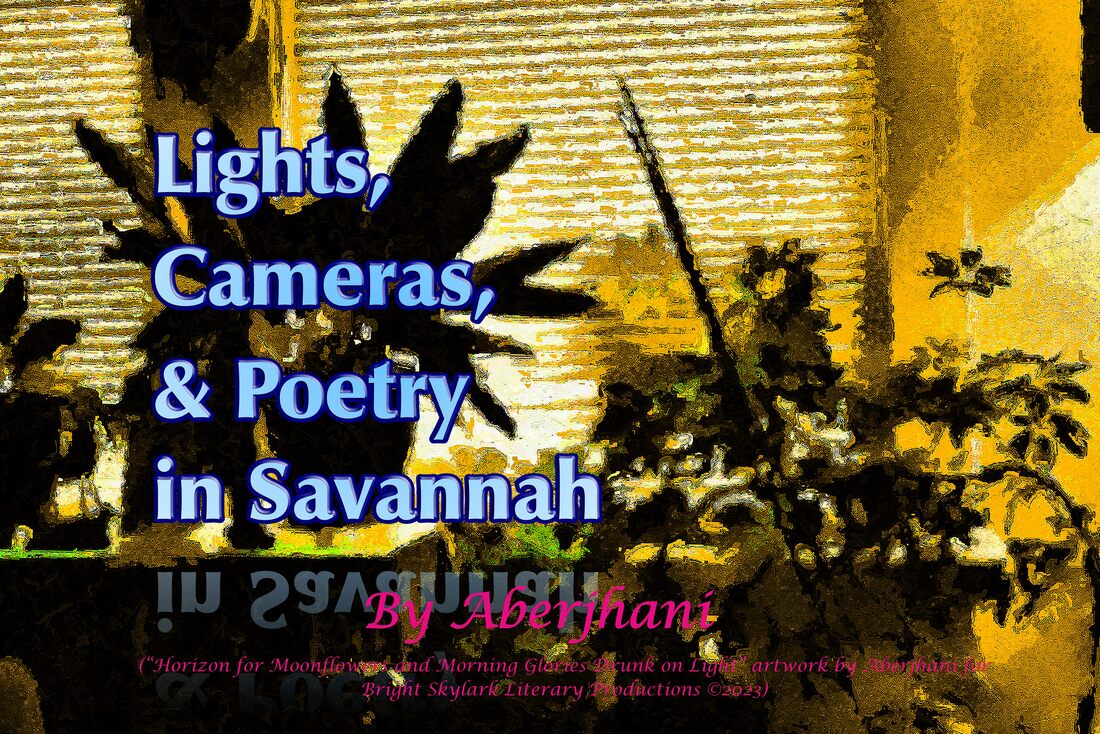
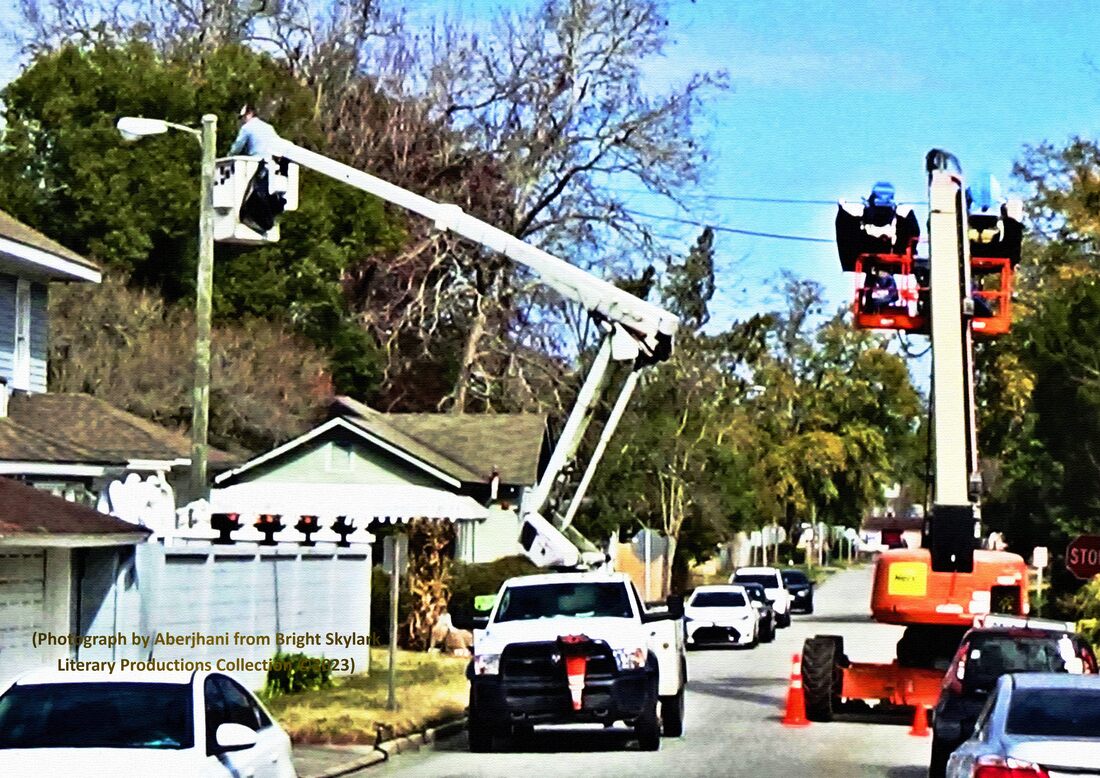

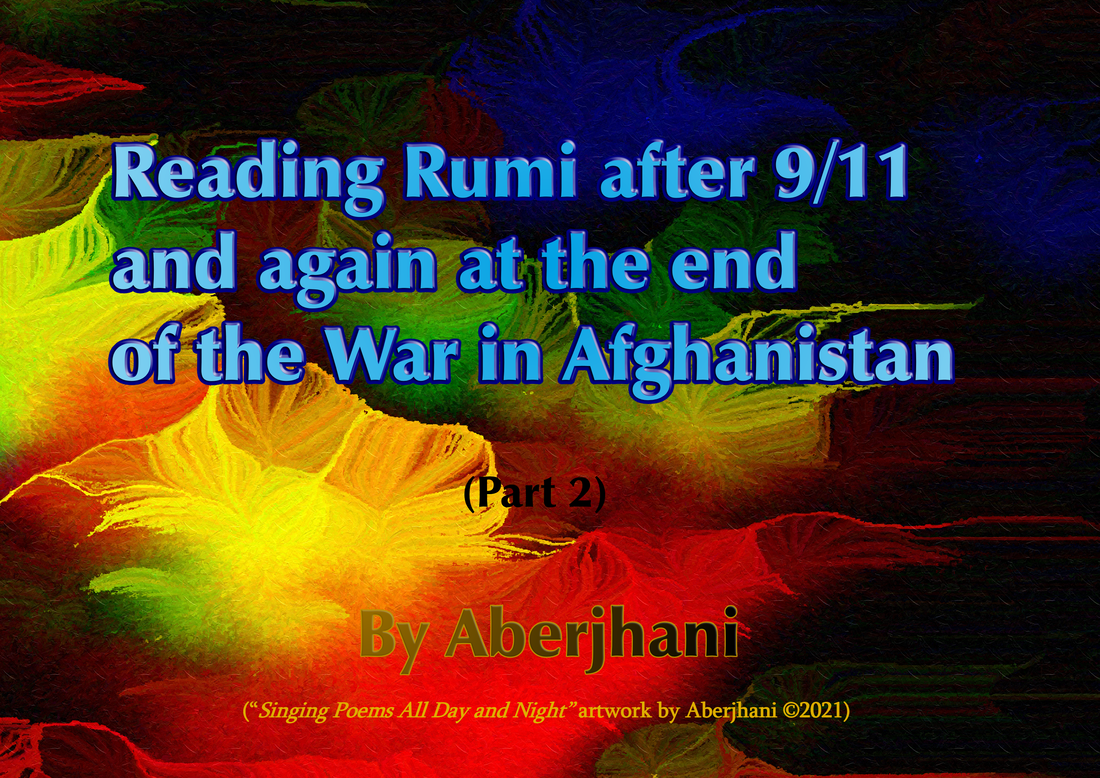
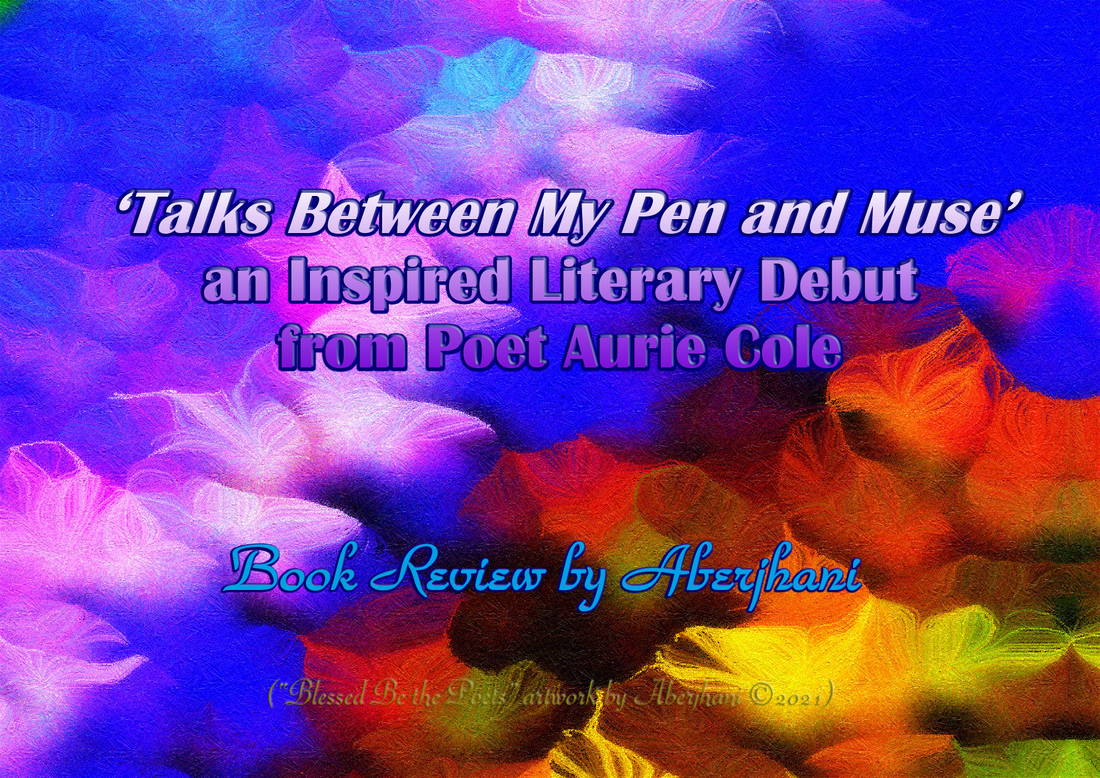
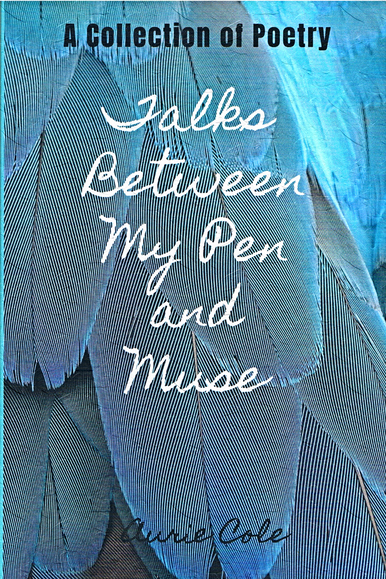
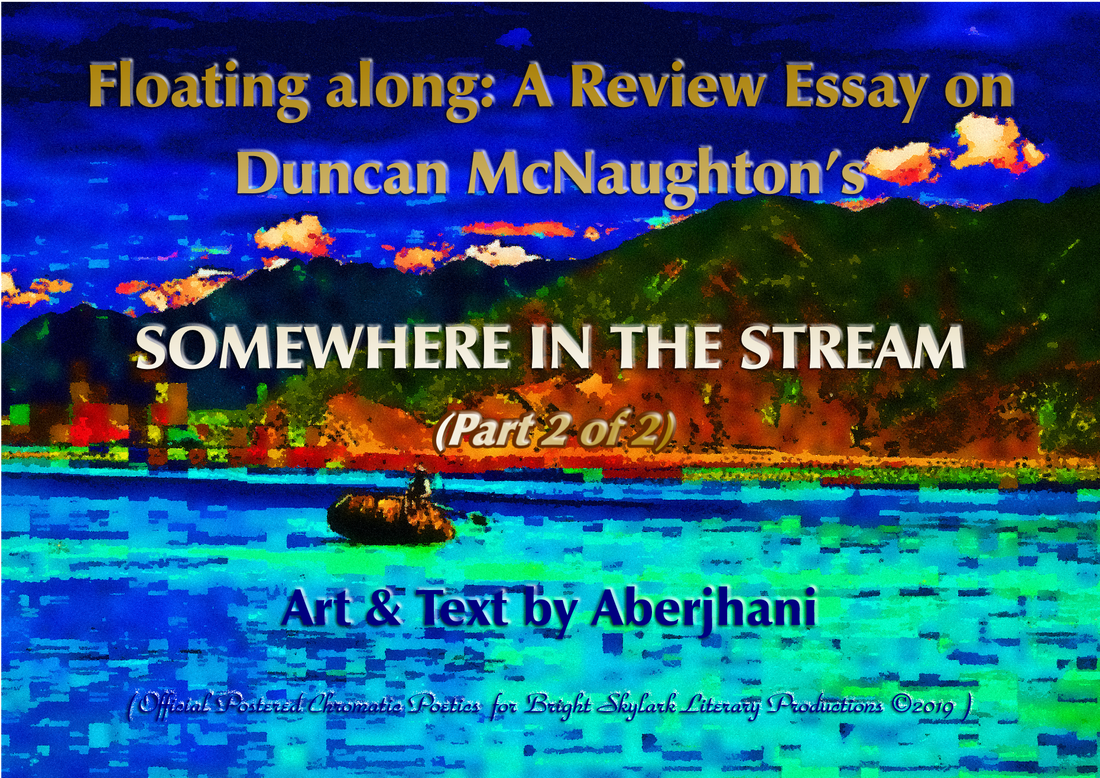
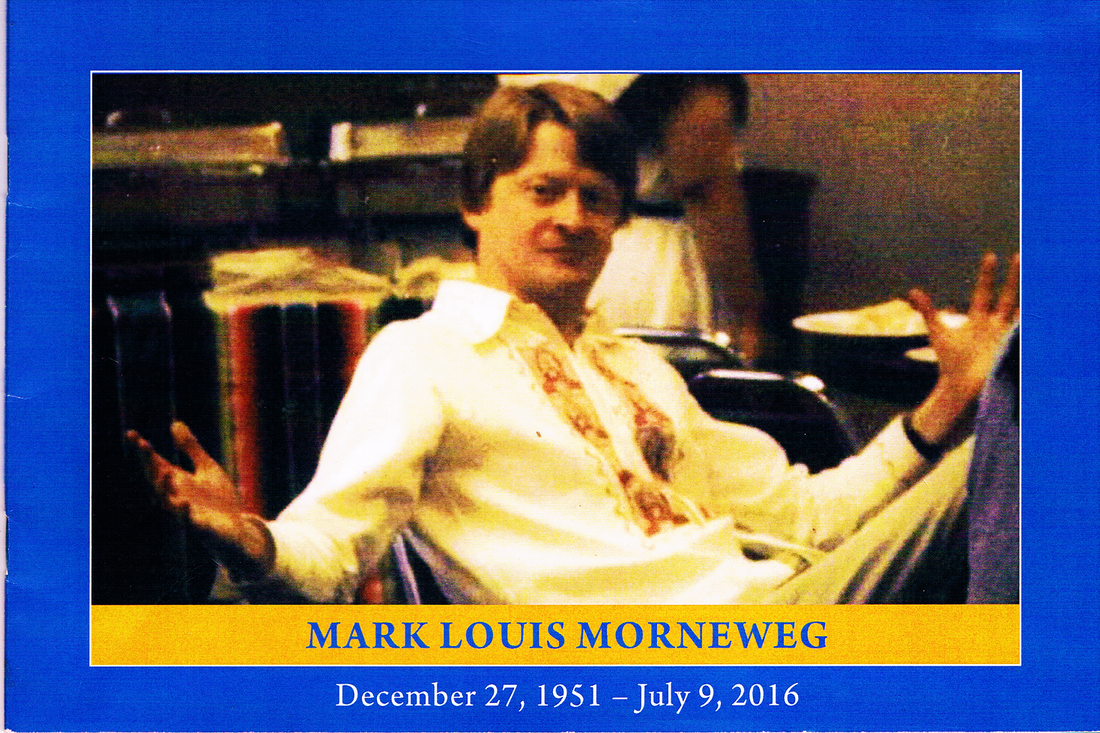
 RSS Feed
RSS Feed